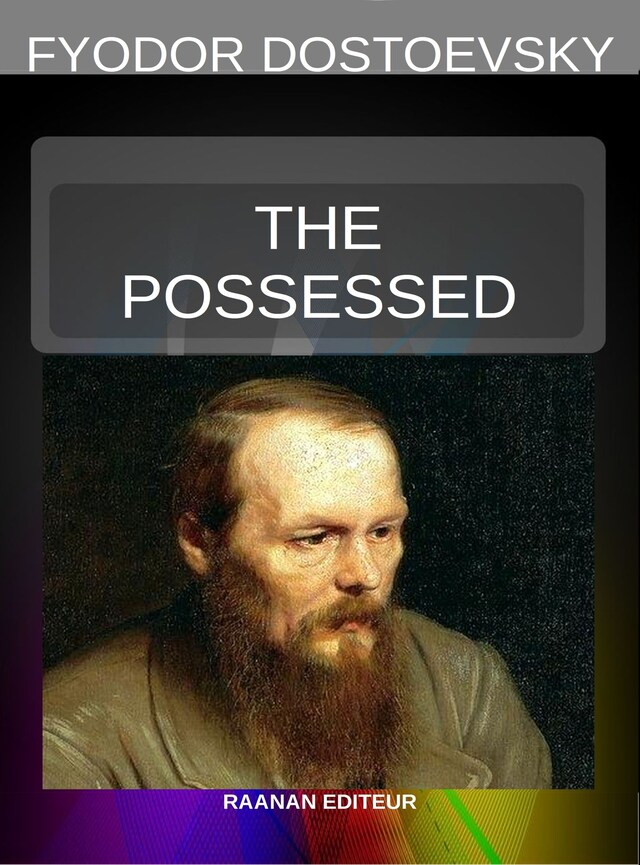The Possessed
Om bogen
The Possessed (sometimes also called Demons or The Devils) is a novel by Fyodor Dostoevsky, first published in the journal The Russian Messenger in 1871–72. It is considered one of the four masterworks written by Dostoevsky after his return from Siberian exile, along with Crime and Punishment (1866), The Idiot (1869) and The Brothers Karamazov (1880).
Demons is a social and political satire, a psychological drama, and large scale tragedy. Joyce Carol Oates has described it as "Dostoevsky's most confused and violent novel, and his most satisfactorily 'tragic' work." According to Ronald Hingley, it is Dostoevsky's "greatest onslaught on Nihilism", and "one of humanity's most impressive achievements—perhaps even its supreme achievement—in the art of prose fiction."
Demons is an allegory of the potentially catastrophic consequences of the political and moral nihilism that were becoming prevalent in Russia in the 1860s. A fictional town descends into chaos as it becomes the focal point of an attempted revolution, orchestrated by master conspirator Pyotr Verkhovensky. The mysterious aristocratic figure of Nikolai Stavrogin—Verkhovensky's counterpart in the moral sphere—dominates the book, exercising an extraordinary influence over the hearts and minds of almost all the other characters. The idealistic, western-influenced generation of the 1840s, epitomized in the character of Stepan Verkhovensky (who is both Pyotr Verkhovensky's father and Nikolai Stavrogin's childhood teacher), are presented as the unconscious progenitors and helpless accomplices of the "demonic" forces that take possession of the town.
|Wikipédia|
 Fyodor Dostoevsky
Fyodor Dostoevsky 856 Sider
856 SiderBogen The Possessed og over 1 million andre bøger
fra 6,99 kr./måned
Fyld dit liv med historier!
